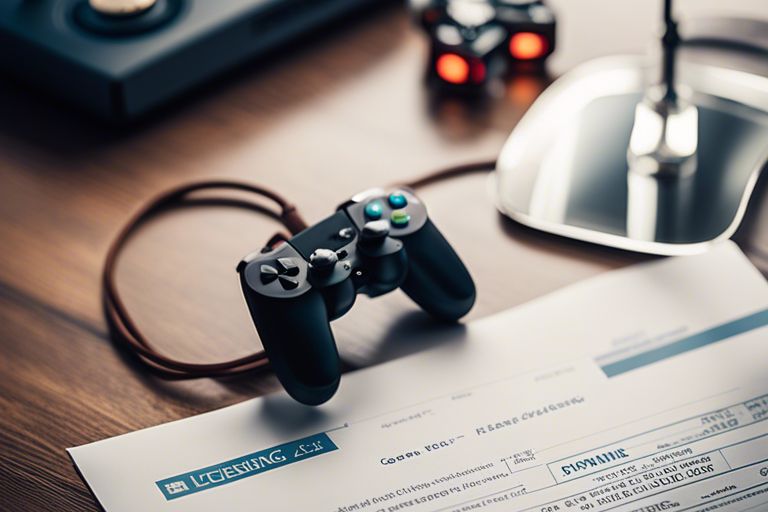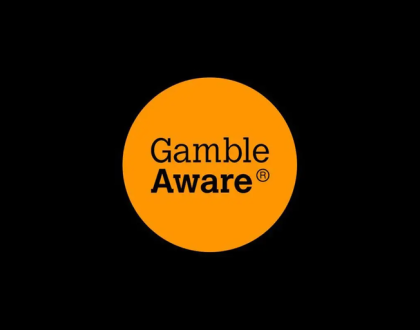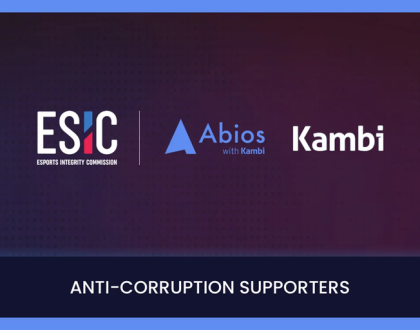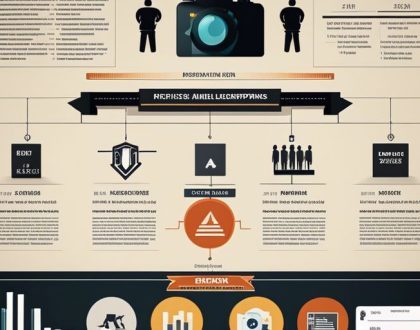The Intersection of Licensing and Game Fairness

There’s no denying that in the world of online gaming, ensuring game fairness is paramount to maintaining trust with players. A crucial aspect of this is the role of licensing bodies, which regulate and oversee online casinos and gaming platforms to ensure they abide by strict standards and guidelines. This intersection between licensing and game fairness is where the integrity of the gaming industry is upheld, protecting players from potential fraudulent activities and unfair practices.
The Role of Licensing in Ensuring Game Fairness
Types of Gaming Licenses
Your quest for a fair and secure gaming experience begins with understanding the various types of gaming licenses. These licenses are important for regulating and supervising online casinos to ensure player protection and fair gameplay. There are two main categories of gaming licenses:
- Local Licenses: Issued by government authorities in specific jurisdictions, these licenses allow operators to offer their services within that particular region.
- International Licenses: These licenses are typically issued by offshore regulatory bodies and enable operators to cater to a broader international audience.
This information is crucial for players to verify the legitimacy of an online casino. Knowing which type of license a casino holds can help players make informed decisions about where to place their bets. This knowledge is key in promoting transparency and trust within the online gaming industry. This ensures that players are protected by relevant laws and regulations, promoting a safe and fair gaming environment.
| Local Licenses | International Licenses |
| Issued by government authorities in specific jurisdictions | Issued by offshore regulatory bodies |
| Restricted to operating in designated areas | Allows operation in multiple countries |
| Compliance with local laws and regulations | Subject to international regulatory standards |
| Generally more limited in scope | Offers higher flexibility in operations |
Licensing Criteria and Fairness Standards
An online casino’s credibility and commitment to fair gaming practices are verified through stringent licensing criteria and fairness standards. Meeting these requirements is imperative for obtaining and maintaining a gaming license. Regulators evaluate casinos based on criteria such as:
- Random Number Generators (RNGs): Ensuring that games are fair and random.
- Player Protection Measures: Safeguarding player funds and personal information.
- Responsible Gaming Practices: Promoting safe and responsible gambling habits.
Fairness and transparency are the cornerstones of a reputable online casino. Adhering to licensing criteria and fairness standards not only benefits players by ensuring a level playing field but also helps operators build trust and credibility in the industry. This fosters a culture of responsible gambling and demonstrates a commitment to ethical business practices. Ultimately, licensing bodies play a vital role in upholding the integrity and fairness of online gaming operations.
Regulatory Frameworks and Game Integrity
Government vs. Independent Regulators
Frameworks set by regulatory bodies play a pivotal role in ensuring the fairness and integrity of games in the gambling industry. Government regulators are typically responsible for overseeing and enforcing laws related to gambling activities within their jurisdiction. They are tasked with issuing licenses to operators, conducting audits, and penalizing non-compliance. Independent regulators, on the other hand, operate outside of government control and provide an additional layer of oversight. While government regulators focus on legal compliance, independent regulators often specialize in game testing and ensuring that the games are fair and unbiased.
The Importance of Third-Party Audits
Independent audits are crucial in maintaining trust and confidence in the gambling industry. These audits are conducted by third-party organizations that specialize in testing the fairness and integrity of games. The audits typically involve rigorous testing of random number generators, game algorithms, and payout percentages to ensure that players have a fair chance of winning. By hiring independent auditors, operators can demonstrate their commitment to transparency and fair play, ultimately enhancing player trust and loyalty.
Independent auditors are not influenced by operators and provide unbiased assessments of game fairness. They use advanced testing methods and tools to detect any irregularities or vulnerabilities in game systems, ensuring that players are protected from fraud and manipulation. Operators that voluntarily submit to third-party audits demonstrate a willingness to uphold the highest standards of game integrity, setting them apart as trustworthy and reputable establishments in the eyes of players and regulators alike.
Fair Play and Player Trust
How Licensing Impacts Player Perception
Now, when it comes to online gaming, one of the most critical factors influencing player trust is the licensing of the platform. Licensing from reputable regulatory bodies such as the Malta Gaming Authority, the UK Gambling Commission, or the Isle of Man Gambling Supervision Commission instills a sense of security and legitimacy for players. This external validation assures players that the games are fair, and their interests are protected by regulatory guidelines.
The Relationship Between Fairness and Player Retention
Relationships are vital in the gaming industry, and player retention hinges on the perception of fairness within the games they play. Players who feel they have a fair chance of winning are more likely to continue playing and recommending the platform to others. This trust in the fairness of the games fosters a positive community atmosphere and strengthens the relationship between the players and the platform.
For instance, online casinos that implement transparent algorithms and regularly audit their games for fairness demonstrate a commitment to providing players with a level playing field. This dedication to fairness not only enhances player retention rates but also cultivates a loyal player base that values trust and integrity in the gaming experience.
Licensing and Technological Advancements
The Challenge of Licensing in an Evolving Digital Landscape
After the rapid evolution of digital technologies, licensing authorities face a significant challenge in keeping up with the ever-changing landscape of online gaming. The process of regulating online gambling platforms has become more complex due to the introduction of new technologies that have transformed the way games are developed, distributed, and played.
Adapting Fairness Checks for New Gaming Technologies
For licensing authorities, adapting fairness checks for new gaming technologies is vital to ensure the integrity of online games. With the rise of advanced algorithms and artificial intelligence in game development, traditional fairness checks may no longer be sufficient to detect potential fraud or manipulation. Implementing robust and sophisticated fairness checks that can accurately assess the randomness and fairness of games is imperative to maintain player trust and uphold regulatory standards.
With the increasing use of blockchain technology in online gaming, licensing authorities need to understand how this decentralized system can impact fairness checks. Blockchain offers transparency and immutability, providing a reliable way to track and verify transactions in real-time. By leveraging blockchain technology for fairness checks, regulators can ensure that games are not tampered with and that outcomes are truly random, fostering a more trustworthy gaming environment.
The Economic Impact of Licensing on the Gaming Industry
Licensing Fees and Industry Financing
All gaming companies need to consider the economic impact of licensing when entering the regulated market. Licensing fees can be a substantial financial burden on game developers and operators. These costs must be factored into the overall budget for a game or casino, affecting the bottom line and potentially limiting resources for other aspects of the business.
Balancing Profit and Fairness
Licensing regulations play a crucial role in maintaining a fair and competitive gaming industry. While licensing fees may pose financial challenges, they also provide a level of oversight that ensures fair play for all participants. Finding the right balance between maximizing profits and upholding industry standards is necessary for the long-term success and credibility of any gaming operator.
Any gaming company operating within a licensed framework must navigate the delicate balance between generating revenue and maintaining ethical practices. Meeting licensing requirements not only guarantees compliance with regulations but also enhances the reputation of the company in the eyes of players and partners. By prioritizing fairness and integrity, gaming companies can build trust with their audience and secure a sustainable position in the industry.
Gaming
Gaming companies should be aware that the economic impact of licensing extends beyond upfront fees. Compliance with licensing regulations is an ongoing investment that requires resources for audits, reporting, and any necessary updates to policies and procedures. Failure to uphold licensing standards can result in severe penalties, including fines, suspension, or revocation of the license, which can have devastating consequences for a business.
Legal Considerations and Compliance
Once again, exploring the intersection of licensing and game fairness leads us to the crucial realm of legal considerations and compliance. In the rapidly evolving landscape of online gaming, understanding the legal frameworks governing the industry is paramount to ensuring both player protection and operational integrity.
International Licensing and Jurisdictional Issues
On the international stage, the complexities of licensing and jurisdictional issues can present significant challenges for online gaming operators. Obtaining a license from a reputable regulatory body is important for establishing credibility and trust, but navigating the diverse legal requirements across different jurisdictions can be a daunting task. Compliance with regulations in multiple countries adds layers of complexity, as operators must adhere to various standards to ensure a fair and secure gaming environment for players.
Legal Implications for Breaching Fairness Standards
One of the most critical aspects of the intersection of licensing and game fairness is the legal implications for breaching fairness standards. Failure to uphold fairness in gaming can result in severe consequences, including losing a gaming license, facing fines, and damaging reputation. Operators must prioritize compliance with fairness standards to mitigate the risks associated with legal repercussions and maintain the trust of their players.
International online gaming operators must be vigilant in monitoring and upholding fairness standards to meet the legal requirements of multiple jurisdictions. Implementing robust compliance measures and conducting regular audits are important steps to ensure adherence to fairness guidelines and mitigate potential legal risks. By proactively addressing legal implications for breaching fairness standards, operators can uphold their commitment to providing a safe and transparent gaming experience for players worldwide.
Final Words
With this in mind, it is evident that licensing plays a crucial role in ensuring game fairness in the gaming industry. By regulating online casinos and game developers, licensing bodies can uphold the integrity of games and protect players from fraud or manipulation. Players can have peace of mind knowing that licensed operators adhere to strict standards of fairness and transparency.
Ultimately, the intersection of licensing and game fairness is crucial for maintaining a trustworthy and safe gaming environment. It is imperative for players to choose licensed online casinos and for regulators to continue monitoring and enforcing compliance to guarantee the integrity of games. By understanding the importance of licensing in ensuring game fairness, players can make informed decisions and enjoy a secure and enjoyable gaming experience.
Recommended Posts

Enhancing Health Warnings on Gambling Adverts
May 16, 2024

ESIC, Kambi & Abios Forge a New Alliance
May 16, 2024

Understanding License Categories and Classes
May 15, 2024




